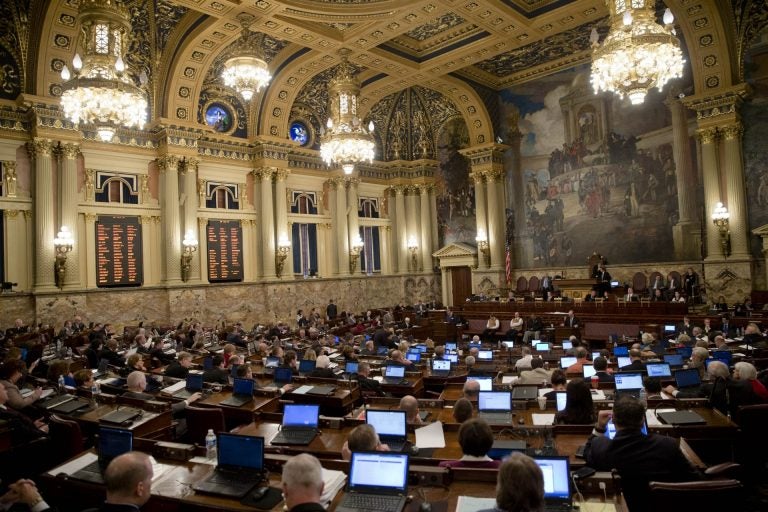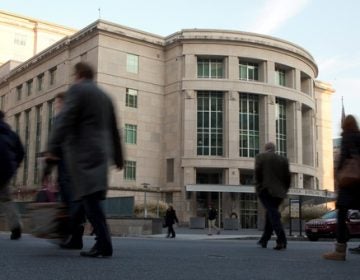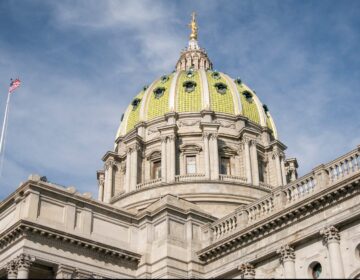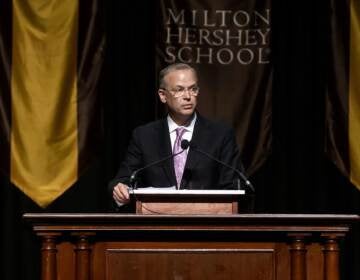Pennsylvania House wins appeal in atheist prayer-policy suit
A federal appeals court is reversing a lower court ruling that the Pa. House's policy barring atheists from delivering invocations doesn't violate the U.S. Constitution.

Pennsylvania House of Representatives at the state Capitol in Harrisburg, Pa. (Matt Rourke/AP Photo, file)
A federal appeals court is reversing a lower court decision and ruling that the Pennsylvania House of Representatives’ policy barring atheists from delivering invocations doesn’t violate the U.S. Constitution.
Friday’s decision by the 3rd U.S. Circuit Court of Appeals upholds the House’s policy of limiting prayers at the start of legislative sessions to guest chaplains who believe in God or a divine or higher power.
It reverses last year’s decision by a district judge, who sided with atheists, agnostics, freethinkers and humanists in ruling that the restrictions violated constitutional prohibitions on making laws that establish a religion.
After the guest chaplain policy was blocked, House Speaker Mike Turzai began assigning the invocation to House members.
The appeals court’s 2-1 majority said the policy did not violate the establishment clause of the First Amendment because it fits within the “historical tradition of legislative prayer” and counts as government speech that is protected from a free speech or equal protection challenge.
The Pennsylvania House’s policy to limit the opening prayer to religious prayer fits within the tradition long followed in Congress, a tradition that the U.S. Supreme Court has relied on previously to uphold legislative prayer, the appeals court’s majority wrote.
The majority opinion also cited a June decision in the U.S. Supreme Court that allowed a World War I memorial in the shape of a 40-foot-tall cross to continue to stand on public land in Maryland.
In that decision, the appeals court wrote, the Supreme Court “expanded its historical framework beyond the confines of legislative prayer” and established a presumption of constitutionality for longstanding monuments, symbols, and practices.
“Indeed, our Court just reiterated the ‘strong presumption of constitutionality’ for practices like the one before us,” the court wrote.
Turzai and the other defendants had argued that the policy did not violate the establishment clause because it allowed people of different faiths to give the invocation and, as a result, did not favor any one religion.
WHYY is your source for fact-based, in-depth journalism and information. As a nonprofit organization, we rely on financial support from readers like you. Please give today.




